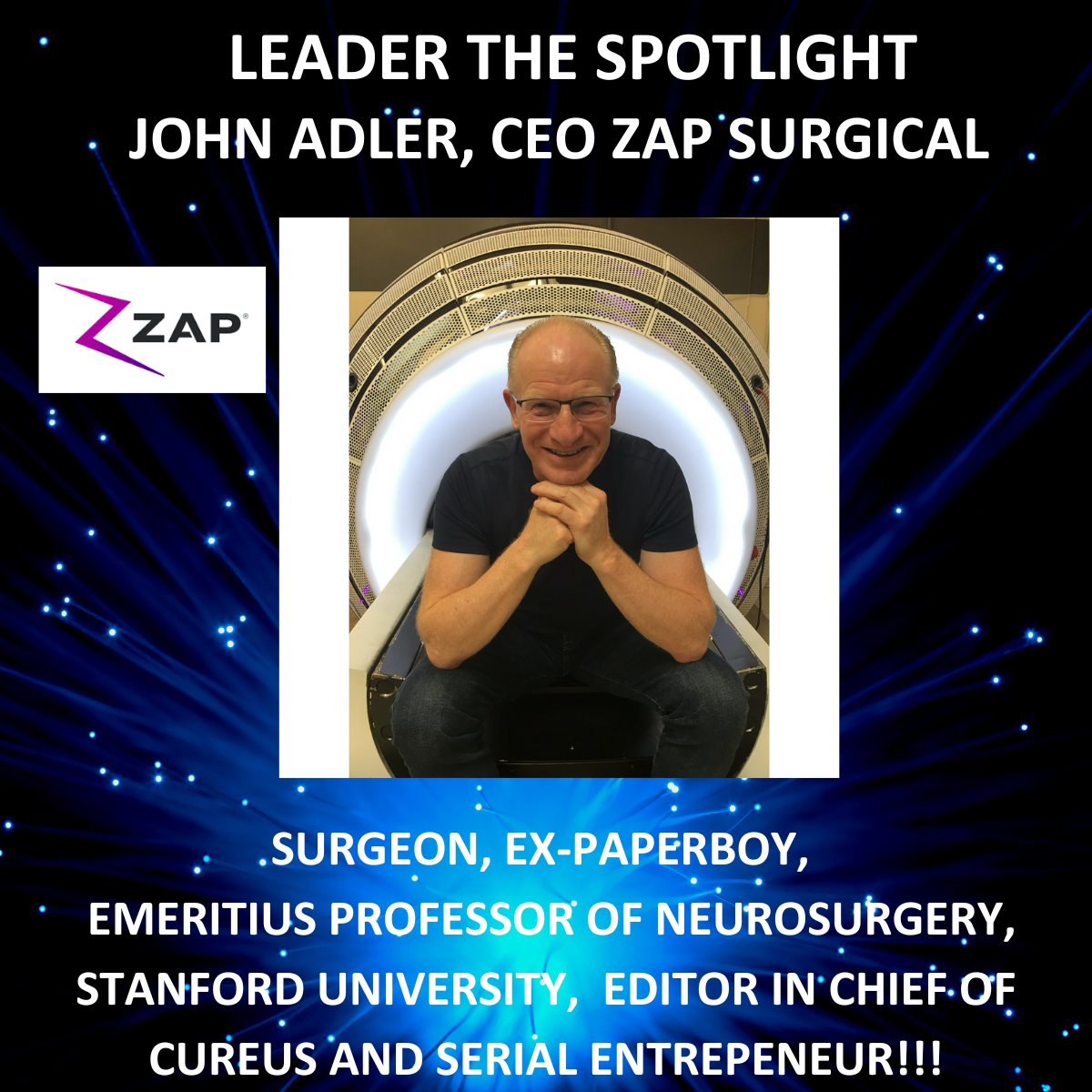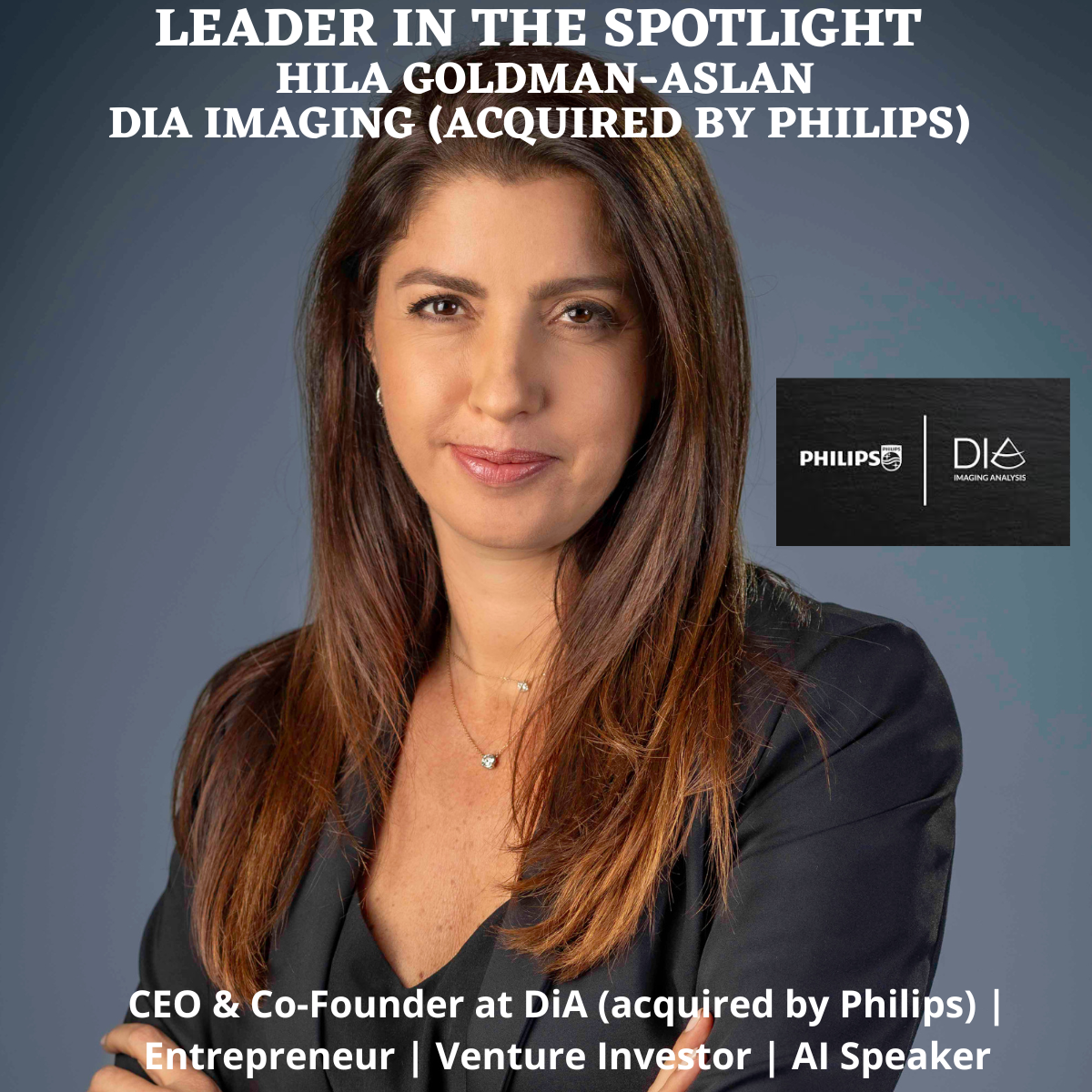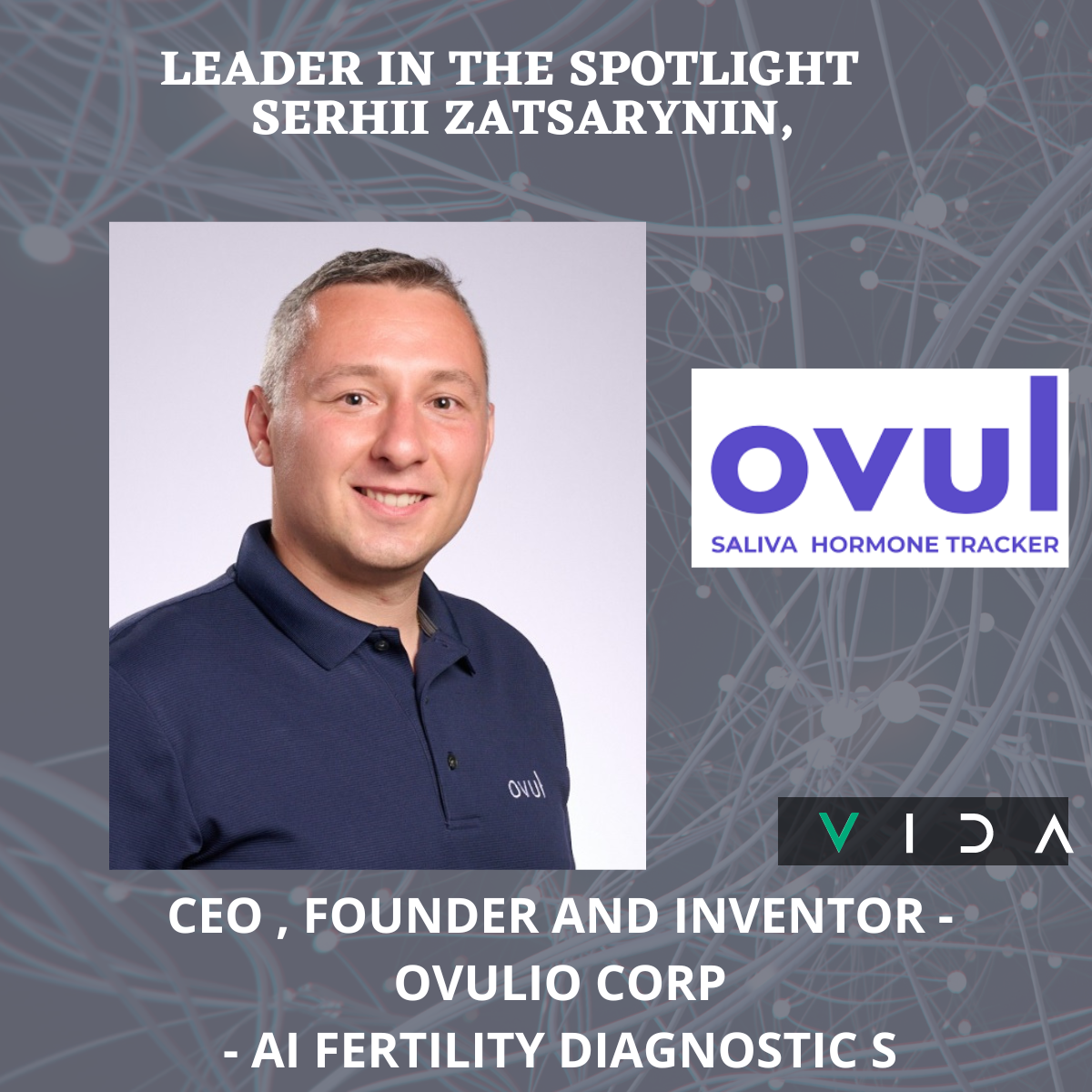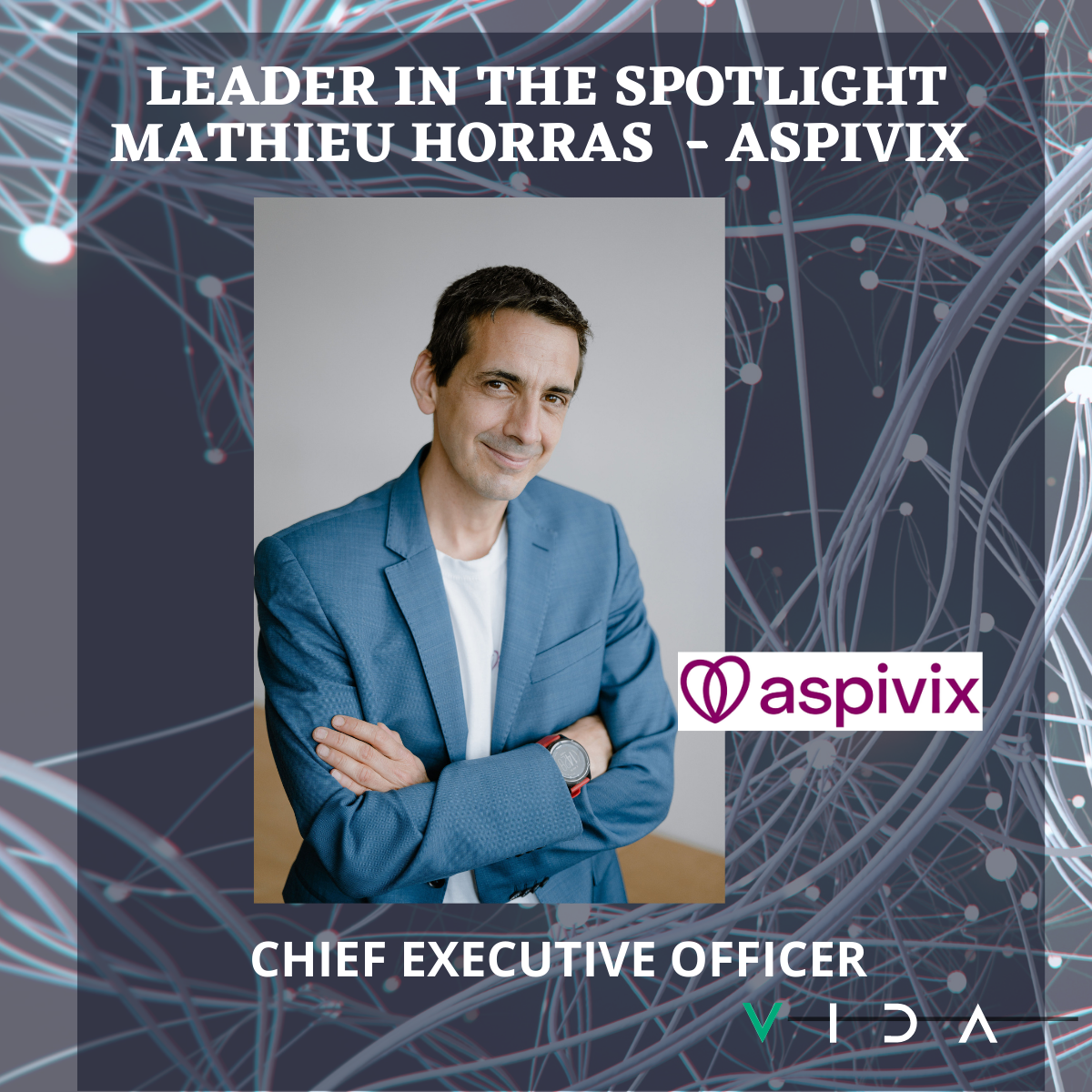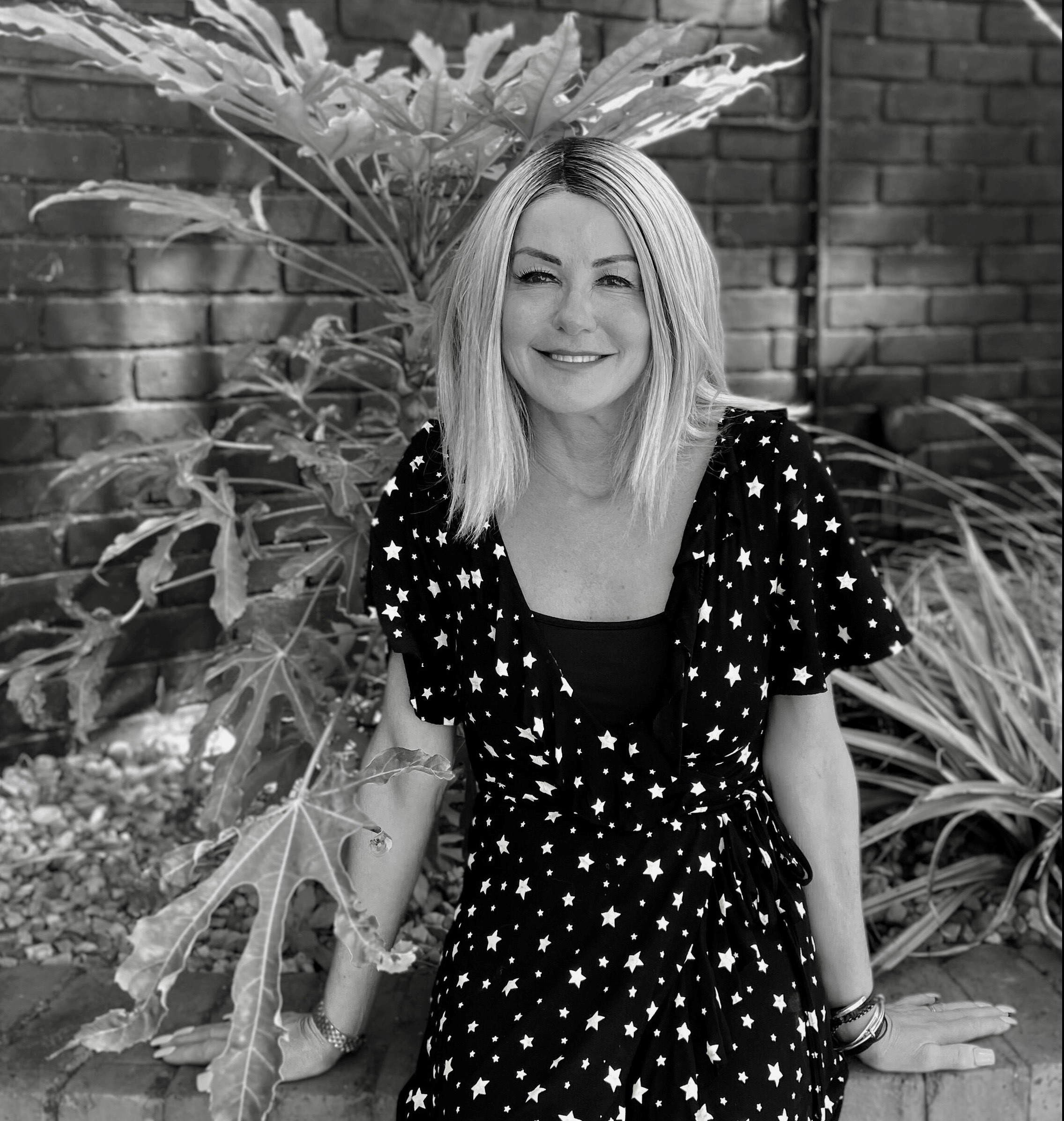
POSTED BY
Liz Moyles
Sharat Kusuma,
President Jointmedica / CSO & M.O. Exactech,
Surgeon,
Board Advisor,
And Drummer!!!!
Sharat Kusuma is a very energetic individual. I didn’t catch him at his desk. In fact, he looked like he might be sat on a peloton. He had a great set of drums in the background as well as a board of ideas. The fact he seems to have so much going in his own life mirrors, Sharat’s professional life. Sharat is the President of JointMedica and the CSO and Medical Officer at Exactech. He previously worked at Apple, at McKinsey and started life as an Orthopedic Surgeon. That’s quite a career. He also advises several companies in his ‘spare time’ and volunteers.
In this interview I learn some really key personal moments such as Sharat’s devastating clinical diagnosis of a lifelong condition, and how he has dealt with it. I learn that he grounds himself and his team at stressful times by remembering , generally (but not always) now he is in this space, and not a surgeon in the theatre, “no matter what happens at work today, no one is going to die…” . I also learn of his admiration for his father, his mentors, his team, MedTech and I learn that after saving a patient’s life, that patient’s daughter tracked him down and asked him on a date !!! (He clearly said no -by the way!)
I caught some time with Sharat to discuss his career and other thoughts and perspectives before I left him to bang out a drum roll or two- Phil Collins watch out!
Thanks, Sharat!
- When I run an interview, I love to ask – ‘how did you end up becoming a surgeon ? was it a childhood dream?’
I come from a family of physicians and surgeons. My father is a gastroenterologist. My brother is a plastic surgeon. My first cousin is an orthopaedic spine surgeon. My dad’s brother, my uncle, is a GP. I was surrounded by medics. My father inspired me.
He came from abject poverty in India and migrated to the United States in the mid-70’s. From being young, we regularly travelled to India, and I saw the small village and abject poverty in which my father grew up- I was shocked and humbled; I was amazed by the person my dad had become and the impact he was having as a medic in Southern Georgia. He was the first fellowship-trained, practicing gastroenterologist in that part of the state. My mind boggled.
My father was pretty well known for his high skill level as a GI physician. I admired him so much and I more or less always wanted to be a doctor from a very young age. My father operated on so many people in Albany, GA, where I grew up, including local public officials; even some of my grade school teachers, - which made for some interesting discussions when they spoke to me about my dad and the miracles he had worked on them!
I admired my father, I admired how dedicated he was at his profession, and how highly the community thought of him because of his exceptional and unique skill level in gastroenterology and ERCPs. To this day, at the age of 77, my father is still one of the most skilled ERCP gastroenterologists in the Southeast US. He’s awesome !
So I knew I would be going to Med School and that’s what I did.
- Wow- how wonderful to know what you wanted to do so early on. So tell me about Med School –What was that like ?
I completed Medical school in 2002, and at that time, I was one of the first graduates of an MD/Master of Business Administration program at Vanderbilt University School of Medicine. There were a couple of us, myself and two of my classmates who also had this passion for business, and somehow we convinced the administration of our medical school to allow us to develop and also complete an experimental curriculum combining an MD degree with an MBA degree. It was awesome and I thoroughly enjoyed both degrees. One of my most influential professors in business school was Professor Jim Cooper. Jim was a long-time congressman from Tennessee, and is a career healthcare policy expert in the US Congress in the 1990’s. I learned so much about how broken our US healthcare system is from Congressman Cooper. Congressman Cooper is really the single individual who most influenced the trajectory of my medical career – after studying with him, I knew that clinical practice wouldn’t be my “forever” profession, and that I’d pivot from clinical practice one day to the business side of our broken health care system!
- So what was it like entering the Medical World ? Everything you expected?
In all honesty Liz, in 2002, having finished the two degrees, I very seriously thought about ditching a surgical career.
- What ? I’m shocked to hear that. Why?
In 2002, there were lots of opportunities from companies like Goldman Sachs, in Investment Banking or McKinsey & Company s to work in healthcare in either Investment Banking or Management Consultancy. As I said, I very seriously considered ditching the surgical career altogether, and going into banking or consulting. However, fortune intervened, and I learned I had got a position in orthopaedic surgery at the University of Pennsylvania School of Medicine (the first and one of the most prestigious medical schools in the US). I knew I was pretty lucky to get a place in such a great place and I felt fate was telling me to go there. So in all honesty, I somewhat half-heartedly joined the residency program in Philadelphia.
The experience of surgical training at an Ivy League hospital was absolutely as advertised – physically brutal and mentally exhausting. My first year as an intern, I spent 120/365 nights in the hospital, pulling all-nighters, working 40 hours in a row. I nearly quit when I was an intern but decided to stick it out. I thought about my father , and thought about what he had been through.
Years 2-5 of my residency grew more and more exhilarating each year, and I progressed and learned how to become a technically skilled orthopaedic surgeon. I had several mentors in residency mention that a I had pretty hand control skills, and reasonably good 3D spatial perception of the surgical field, - they siad it made me a good technician. Coming from them, it was encouraging that I had made a good career choice. Perhaps growing up in the Nintendo, Sony Xbox generation led to me and many of my peers having pretty good hand-eye coordination, etc.!!!.
- So what happened next Sharat?
After completing orthopedic surgery residency at Penn, I went to Rush University Medical Center to do a Fellowship in hip and knee reconstruction. I was under the tutelage of some absolute pioneers in the field – Drs. Jorge Galante (several implants are named after him), Aaron Rosenberg, Wayne Paproksy. My Fellowship at Rush was amazing. I learned some unique surgical procedures with them. After I finished at Rush, I went to England to learn two additional and unique surgical procedures – hip resurfacing with Profs Derek McMinn and Ronan Treacy in Birmingham, and learned uni-compartmental knee arthroplasty in Oxford and in Marseille, France.
I returned to Columbus, Ohio, to start my surgical career as an attending/consultant. I became very busy, very quickly, because there weren’t many surgeons in Columbus who were comfortable doing the two procedures I described above.
In addition to my busy clinical practice, I was also busy academically and professionally – I received several awards and traveling Fellowships, published a few papers, and got involved in developing implants and surgical techniques for the likes of Medtronic, Zimmer (at the time, pre-Zimmer Biomet), and Smith & Nephew. It was a crazy time – a bit of an adrenaline rush. At the time, I just accepted it.
Reflecting now, I can’t believe how many hours I was working…I was on the fast track to burnout for sure. However, given that it takes so many years to become a “real” physician, I suppose I felt that I had to take advantage of every single opportunity that came my way.
- It sounds like it was going really well for you- although you mentioned the possibility of ‘burn out’. Is that what led you to exit the surgical world and transition to the business and Medical Devices world?
I always appreciated and appreciate how wonderful and gratifying a profession it is to be a surgeon. I built a highly successful practice, had lots of patients travelling from all over the country to Columbus asking for me to operate on them. Yes – it was flattering. But you know what?............... I always felt there was something missing.
I had this nagging interest in the convoluted, business side of the US healthcare system. Professor Jim Cooper’s voice from business school kept whispering in my ear… I was always curious about what it would be like to run a MedTech company or run a health care system.
After five years as a consultant surgeon/attending physician, despite having brilliant friends amongst my surgeon colleagues, I realised I was finding my orthopaedic practice, professionally isolating.
That’s not anyone else’s story – just mine. So many of my friends loved it and still love it. This was just my journey. It was different. However, I will say that in the past few years, I’ve had quite a few of my physician colleagues reach out to me to discuss their desire to pivot careers as well.
There’s also a hard glass ceiling in a surgical career above which surgeons generally can’t go. I realised gradually that I wanted to lead in a business setting –in a Medical Device Company and try to use my combination of medicine and business skills to help a company excel for the better of patients, in a way, which could reach many more patients than I could ever reach singe-handedly as a surgeon.
I felt by running a larger organization that I could scale myself and have a bigger impact on the healthcare system vs. being in clinical practice and taking care of one patient at a time.
- Yikes! That is a big realisation and it may have felt like a dilemma. I know you said it had been a long held niggle. What did you do?
Crazy - on Christmas Eve, 2013, completely on a whim, I submitted an application to McKinsey & Company to join the firm as a management consultant. Two days later, I had an email in my inbox with an interview request. The rest is history. 4 months later, I took an 85% pay cut, and walked away from the busy surgical practice that I spent 5 years building to take a job as an Associate at McKinsey in the healthcare practice. I ended up spending about 3.5 years at McKinsey and it was an amazing time. Working at McKinsey dramatically augmented the formal business school education I had acquired during medical school.
- That’s a major change. You must have wanted this so much. Looking back, how did your experience as a surgeon assist you and the teams and companies you worked with?
Do you know what? One of the most important traits I gained from the gruelling University of Penn surgical training and stressful career as a hip and knee surgeon, is incredible tenacity; the ability to deal with massive amounts of stress, a high workload, the ability to work hard, and a massive, massive amount of grit. Ask any surgeon ……they will agree.
There are few professions in which the training is as brutal as Surgical training in the US. This training prepared me, no- it made me become confident and strong. I had to be………. for my teams and patients – even if inwardly, I sometimes I didn’t feel that way!
Even now, in business, I ground myself and others – because you know what ………… generally, in business, (not always – but mostly), “no matter what happens at work today, no one is going to die…” . I suppose when I can share this perspective with my teams that it has some modicum of credibility. Most surgeons, at some point in their career will have had a patient experience a severe complication or even death. In a business setting, no matter what happens in the office on a given day, So, in business, with my colleagues and teams, it’s a valuable way of living and a thought to reflect on.
The other quality I gained was that of so many surgeons. You have to rapidly assimilate massive, massive amounts of imperfect information and literally make life and death decisions on the fly. You don’t have the luxury of spending long amounts of time in committee meetings to perseverate on decisions. You have to assimilate imperfect information, and just make a call, and also be responsible for the outcome.
Finally, I 100% believe that the healthcare space and MedTech space has many skilled and intelligent and very capable individuals, but one of the essential skills many don’t have is the understanding of the actual art, science, and practical application of surgery. Genuinely, and clearly this is a very provocative statement to make, but I feel this impacts – and can sometimes lead to the creation of products that may not squarely address the most salient unmet clinical needs of the doctors and surgeons who actually perform the procedures and care for the patients.
They don’t know their customer well enough, so they make products that don’t address their surgeon customer’s needs. One of the cultural qualities I learned to admire the most during my time working at Apple in Cupertino, is their maniacal focus on the customer experience. They spend 1000’s of hours testing and reevaluating products to truly delight the customer. They test products internally as if they themselves are the customer.
I believe that orthopaedic companies have a huge opportunity to infuse similar customer focus into their product development, by bringing full-time surgeons into the company, and having surgeons deeply inform the product strategy, the development of instruments, and the development of surgical navigation systems, clinical decision support (CDS) products, etc.
- That’s a very strong statement to make, and I can see how passionately you believe that as a result of your personal experience. No one can challenge your experience and what you have encountered. So, what happened next ?
After McKinsey, I had the amazing experience of working at Apple, in Cupertino, in their headquarters. I worked in the healthcare group, and led a large team that developed and launched the Zimmer Biomet, mymobility product (a group of us came up with the name, literally sitting at lunch in the cafeteria. )
At Apple, I learned the value of being obsessed with “being and knowing your customer.” Apple, have a maniacal focus on mandating that product engineers actually use the products and software they are designing. The engineers have to spend hours actually using the products that they are developing, in their own daily lives, and creating a perfect user interface and user experience prior to finalizing the product. This is why Apple makes such amazing products.
I believe a dose of Apple thinking would be a powerful strategic addition to any MedTech company.
- So building on that last comment, what, if anything frustrates you – or what opportunities do you think we are could be missing out on in Medical Devices / Healthcare?
As we discussed before, what frustrates me most about the MedTech industry is the limited number of opportunities and number of physicians who are in leadership roles. There’s a bias (that is ubiquitous in the entirety of the healthcare system) that doctors don’t know much or anything about business. I believe that’s an unfair stereotype.
If one reads the recent press and woes of companies like Boeing, the narrative is that the quality of products has declined because in recent years, the leadership has transitioned from engineers, former pilots to pure business leaders who are most focused on the bottom line. It’s also rare that you see coaches of NFL football teams who didn’t play football at a fairly high level. Such examples in other industries abound.
If there were more physician leaders on the inside of MedTech, with a combination of direct patient care experience, deep business experience, who can develop and conceive products from the very outset, with the unmet clinical needs and end user-friendliness in mind, then I believe that the industry would more rapidly develop products that address unmet clinical, AND that are easy for doctors and surgeons to use. I realize this may be an unpopular or controversial view.
- Is that why you joined Exactech?
Well actually, the reason I joined Exactech is twofold. First, I was recruited there by former McKinsey colleagues, and second – yes – I joined the company to gain more operating experience in a private equity owned MedTech company.
- And what do you find most special about the company, its products and its people?
I was recruited to Exactech primarily by one of my favourite career mentors, Jeff Binder, former CEO of Biomet. The prospect of working for a medium-sized, private equity owned, MedTech company in a C-suite role was highly attractive. For the past 5 years, I have served as Exactech’s Chief Strategy Officer and Chief Medical Officer.
Having worked there all this time, I can tell you, the most special thing about Exactech is its people and its culture – a culture of teamwork, compassion, caring, product excellence, and meticulous focus on surgical outcomes.
The company is also quite bold in its willingness to take risks to try to develop unique and innovative surgical products. Examples include our Newton Knee computer balancing system and our GPS Shoulder, and PredictPlus Shoulder systems.
- You do have some pretty special products. I know you are also holding the role of President of JointMedica, with HQs in the UK. Tell me a bit about JointMedica and the vision you and its leadership team have for it.
I now am in the unique position that I have a leadership role in two private equity owned portfolio companies. JointMedica and Exactech; I now serve part-time as Exactech’s Chief Medical Officer, and full-time as JointMedica’s president.
It’s a very busy life. Exactech is headquartered in Gainesville, Florida, while JointMedica is headquartered in Worcester, England. I live in Tampa, Florida with my beautiful wife and two young kids. I can say that traveling to the West Midlands of England from the scorching hot Tampa weather in the summer is not a bad distraction!
The team at JointMedica are wonderful. My vision for JointMedica is for us to develop the most disruptive, clinically meaningful hip replacement products. Particularly, we are developing a proprietary, next-generation metal on vitamin E, highly crosslinked polyethylene hip resurfacing that will redefine the $8Bn hip replacement space for adults who want to remain active after hip replacement (……………think Andy Murray and his hip resurfacing.)
We are working with the same team that developed the most successful hip resurfacing of all time, the Birmingham Hip Resurfacing, which includes Professors Derek McMinn, Ronan Treacy, and the engineering/commercial teams comprised of Russell Walter, Terry Smith, Steve Meakins, Tim Band, Alastair Prince, Nick Turner, Roger Ashton, and James Glover. Each of these individuals has tremendous knowledge in the hip arthroplasty space and are actively contributing to the success of JointMedica.
We will also redefine the standard total hip arthroplasty space by developing an innovative total hip arthroplasty portfolio using our proprietary titanium coating back surface acetabular ingrowth coating on highly crosslinked, Vitamin E polyethylene
I am really proud of JointMedica – it’s mission statement is: “JointMedica will be the leading developer of TRANSFORMATIVE hip arthroplasty solutions, with dedication to the HIGHEST QUALITY manufacturing and INDUSTRY LEADING CLINICAL PERFORMANCE.” I believe that will happen- we all do at JointMedica. As a team, we are working relentlessly to make that mission a reality now.
- So, tell me, what will success look like for the team at JointMedica? What would patients / surgeons be saying in 2-3 years’ time?
This is easy – FDA PMA approval
Development of large head total hip arthroplasty system using our JointMedica cup.
We will develop surgical techniques for hip resurfacing and hip replacement that make it easier for surgeons to perform both operations with a shorter learning curve
We will develop surgical techniques, training, instruments, navigation, etc. that are the best, most user-friendly in the industry
For patients, we will offer a modern hip resurfacing that offers all the advantage of hip resurfacing (higher activity levels, ability to run, return to high impact sports) but in an implant system that eliminates the previous concerns of metal-metal hip resurfacings
- I can see you’ve given this a lot of thought and your roadmap, and milestones are crystal clear Sharat. I know from our relationship and discussions in the past, that you are the first to give praise and recognition to others. So, tell me, over your career, what have you found inspires you in the people around you?
What inspires me the most is the opportunity to;
1) push myself and those around me to realize your own maximum potential; it’s amazing what you can accomplish if you’re willing to shut off the TV, put your head down, concentrate, and just work. It’s also amazing what one can accomplish when they believe in themselves, and have full confidence in their innate skills and intelligence. From my experience, great leaders help individuals bring out skills and accomplishments that they didn’t know or believe they had within themselves.
2) the opportunity to develop something, be part of a team that is much, much greater than yourself. The opportunity to build and develop a disruptive product that changes an industry. That’s motivating! As they say at Apple, the opportunity to “put a dent in the universe”, and do it with a team of people who trust each other, is quite inspiring.
3) the opportunity to lead a team to do things together that they never thought were possible as individuals
4. My team and the people I work alongside motivate and inspire me. As does my family, my wife and children. My father, and then there’s Ajay Gupta from McKinsey, Jeff Binder, John Schilling from TPG and Dr. Aaron Rosenberg and Dr. Josh Jacobs from Rush. In truth there are so many people and mentors who have helped me accomplish any of the limited success I’ve had in my life.
- Looking back, just in case others can learn from your own experience, have there been any specific defining moment you can now identify?
Yes six of them:
1) The day I convinced my administration at Vanderbilt Medical School to allow me to pursue an MD/MBA program,
2) Christmas Eve 2013, when I dropped that application to McKinsey,
3)August 8, 2014, my first day at McKinsey – I walked away from a highly successful, lucrative, fulfilling, meaningful, orthopaedic clinical practice, and left massive income security, etc. to pursue a crazy dream to become a healthcare CEO,
4) Sept 5, 2015 – I married my wonderful, beautiful wife Brooke – she has been at my side ever since I left clinical practice, my biggest cheerleader on those countless days over the past 10 years when I have been down, when I’ve wondered why the hell I left an amazing surgical career to do what I’m doing now.
5) July 17, 2017 and March 14, 2021 – the dates when my beautiful son Keiran and gorgeous daughter Aamelie were born, respectively.
6). August 17, 2018…..on this day, I received the devastating diagnosis of pulmonary arterial hypertension. This is one of those esoteric diseases that I read about in medical school…hearing the words “pulmonary hypertension” and “average life expectancy of five years” in my early 40’s, from the cardiologist in Atlanta…was one of those surreal, out of body experiences that is fodder for nightmares. However, learning to manage this terrible disease, while also managing a hectic lifestyle that involves leadership roles in two companies on opposite sides of the Atlantic has been a learning and resilience-building experience that has given me perspective on the fragility of life.
I’m immensely thankful for the support of my family and for all the amazing therapeutic advances that have been made in the management of this disease, and I’m thankful to share that the future looks bright for patients who have this disease.
- I am so sorry to learn of that last point Sharat, but how inspirational is it to learn that you are managing it and beating it. I am genuinely sorry.
Tell me, - what’s been the quirkiest thing that has ever happened to you in work?
A patient whom I operated on…I did a hip replacement on her. Her daughter found me on LinkedIn and asked me out on a date…!!!
I also had a middle school PE coach on whom my father had performed a colonoscopy. On the first day of middle school, he embarrassed me in a friendly way, by telling the whole class of 300 kids how my father had done a colonoscopy on him and diagnosed his colon cancer and saved his life; he said he was going to return the favour and save my life by making me get in amazing shape with extra wind sprints and push ups every day!
Finally, in 2012, I performed, in one-week, bilateral hip resurfacings on the father of my best man in my wedding, and then travelled to India to perform bilateral knee replacements on my maternal grandmother, all in the same week! 12 years later they both still have the original implants in place and are doing great!
- That is some quirky stuff Sharat! You couldn’t make it up.
To wrap up, what advice would you give to someone who's looking to enter this space, whether that's a fresh grad straight out of university, or someone looking to transition their career?
You have to gain some deep technical skill or expertise in an area and be the best in the world at it. Get so good in a field that you have amazing instincts, and don’t need massive amounts of analysis to make decisions. Refine your expertise to such a level that your “gut” and pattern recognition is right 80% of the time and that your gut can also tell you what additional, specific, research you need to do to confirm your pattern recognition.
You also have to read, read, read, and learn something new every single day
You CANNOT be scared of learning curves and learning new things; lifelong learners make the best leaders.
Learn to be humbly confident. Do your homework, know your stuff, prepare, so you can confidently lead your team and make quick decisions with imperfect information.
As trite as it may sound, like they say at Nike….quit thinking about and Just Do it….don’t be afraid of getting started, being wrong, having to start over again. Don’t paralyze yourself with overthinking things too much; perhaps procrastinate a little, to get your thoughts organized, but then just get started and you’ll learn along the way.
- Finally, Sharat , what song would you bang out on those drums????
Super easy. Led Zeppelin – When the Levee Breaks….! Best opening drumline of all time.
Thanks Sharat- I have learned so, so much about you from this! It has been amazing! I guess you’ll be dashing back to the peloton or the drums now.
